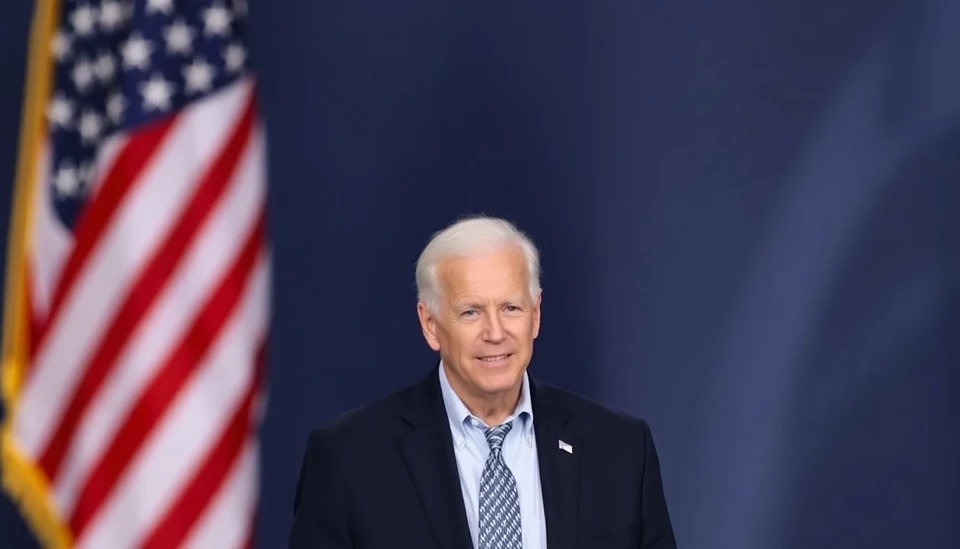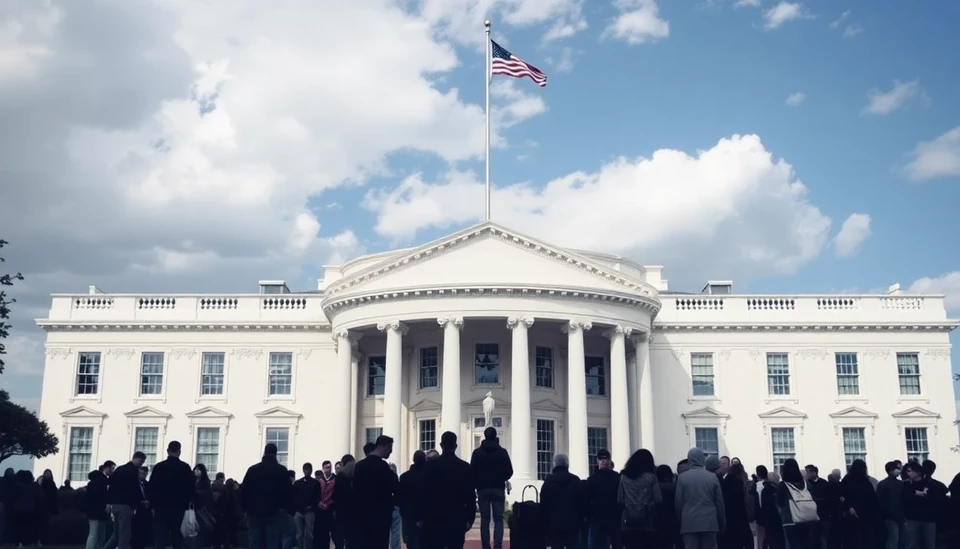
In a bold move aimed at environmental preservation, President Joe Biden has initiated a last-minute attempt to impede oil drilling in the Arctic region, a decision that has garnered mixed reactions from various stakeholders. The urgency of this initiative comes as the administration faces pressure from environmental groups and climate activists calling for a stronger commitment to combat climate change.
The Biden administration is reportedly finalizing policy changes that would restrict new oil leases in the Arctic National Wildlife Refuge (ANWR), a pristine area known for its rich biodiversity and natural habitats. This area has long been a target for oil exploration, but Biden’s team is poised to take definitive action before potential energy leases are auctioned off later this year.
Environmentalists have widely applauded this move, viewing it as a potential turning point in U.S. energy policies that have historically favored fossil fuel extraction. The administration's approach emphasizes the importance of protecting fragile ecosystems against the backdrop of a climate crisis that continues to escalate. Advocates argue that limiting oil drilling in the Arctic is crucial in preserving not only the environment but also the health and well-being of local communities and wildlife.
However, this policy shift is not without its detractors. Industry representatives claim that restricting drilling could harm economic growth and job creation in the energy sector. They argue that responsible oil extraction can coexist with environmental protection measures, positing that the U.S. should fully capitalize on its energy resources to maintain energy independence and competitiveness in the global market.
This clash of interests underscores a significant aspect of Biden's presidency—finding a balance between advancing climate goals and addressing economic realities. Analysts note that while the urgency for climate action is pressing, the implications for the energy sector and broader economy are equally profound and need careful consideration.
As the debate continues, Biden's administration is preparing to face legal challenges from both conservative politicians and oil companies that oppose the decision. With lease sales on the horizon and the clock ticking, the Biden administration's next steps could set a significant precedent for energy policy in the U.S. and beyond. The outcome of this decision will undoubtedly influence future discussions around climate and energy policy, as well as the economic landscape in regions dependent on oil revenue.
The upcoming months are crucial for the Biden administration as it navigates through this contentious issue, which could have lasting implications. Advocates hope that this move will pave the way for a more sustainable energy future, while opponents warn of the economic fallout that could ensue.
In conclusion, Biden’s last-minute efforts to curtail Arctic oil drilling reflect a growing recognition of the urgency of climate change and environmental protection. As stakeholders prepare for an intense negotiation period, the administration is placed at a pivotal juncture, facing significant pressure from both sides regarding the future direction of U.S. energy policy.
#Biden #ArcticDrilling #ClimateChange #EnvironmentalPolicy #EnergyIndependence #OilIndustry #SustainableFuture #Politics
Author: Megan Clarke




